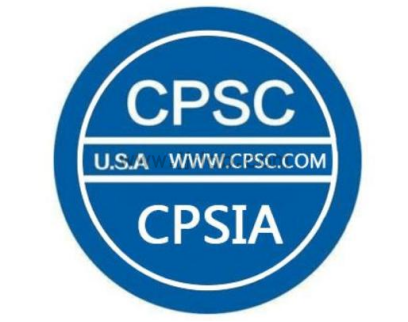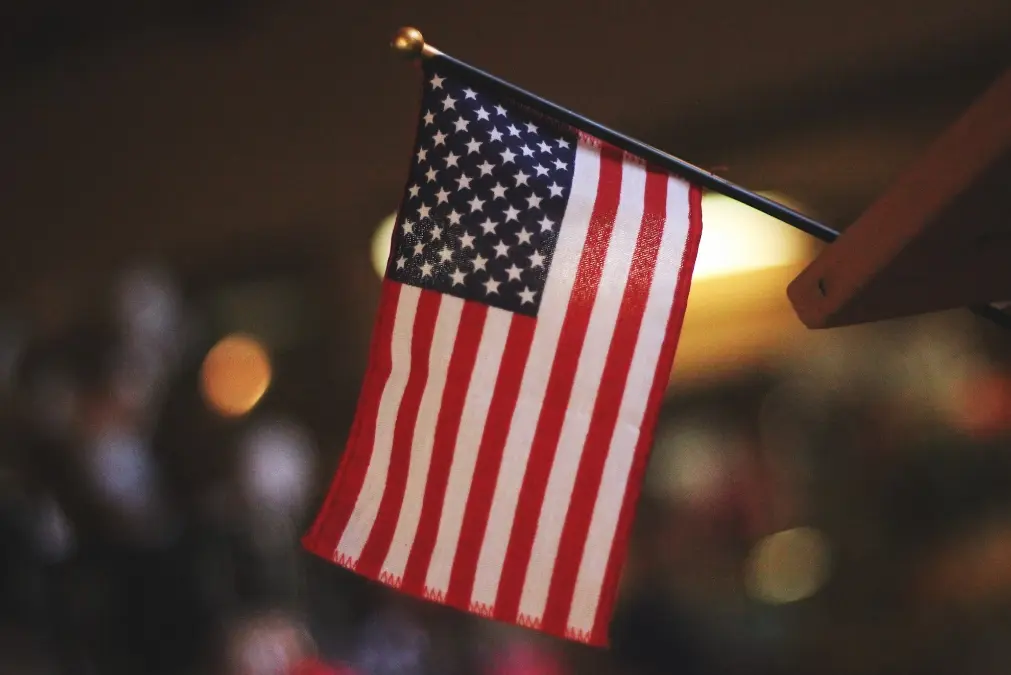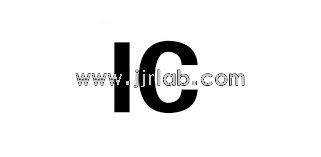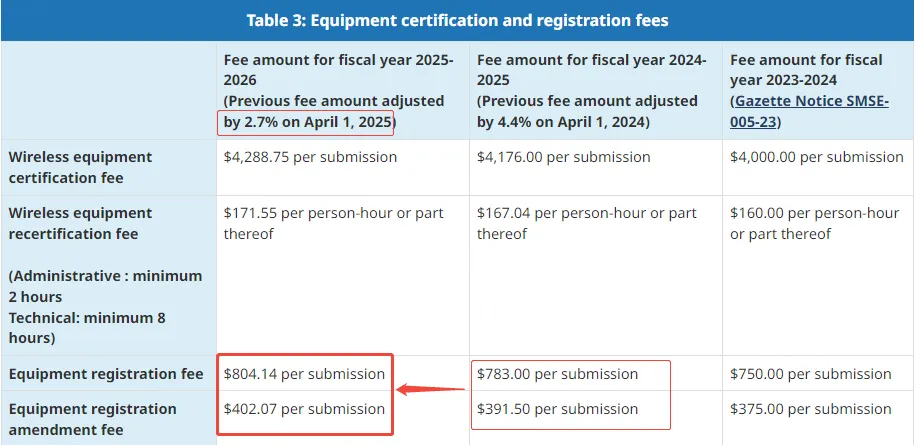
What is CPSIA Certification?
What is cpsia?
The Consumer Product Safety Improvement Act (CPSIA) is a landmark consumer product safety regULation that provides new standards and enforcement tools for the Consumer Product Safety Commission (CPSC). CPSIA revises and enhances several rules, including consumer product safety laws, covering areas such as:
- Lead (Pb) content
- Phthalates
- Toy safety
- Durable infant or toddler products
- Third-party testing and certification
- Tracking labels
- Imports
- All-terrain vehicles (ATVs)
- Civil and criminal penalties
It also provides a public database for consumers to search for hazard reports. CPSIA removed controversial funding restrictions and increased the number of CPSC commissioners from three to five.

Background of CPSIA
On August 14, 2008, U.S. President George W. Bush signed CPSIA (HR4040) into law, making it one of the strictest consumer protection laws since the Consumer Product Safety Commission (CPSC) was established in 1972. The law imposes stricter limits on lead content in children's products and sets new restrictions on phthalates in toys and childcare articles. Additionally, CPSIA mandates the creation of a public database for consumer product safety and requires certain children's products to be tested by CPSC-approved third-party laboratories before being imported into the U.S.
CPSIA affects all industries involved in the production, importation, and distribution of toys, apparel, and other children's products in the U.S. As of April 25, 2018, CPSIA prohibits the use of eight different types of phthalates in children’s toys and childcare products at concentrations above 0.1%.
Prohibited phthalates:
- Di(2-ethylhexyl) phthalate (DEHP)
- Dibutyl phthalate (DBP)
- Benzyl butyl phthalate (BBP)
- Diisononyl phthalate (DINP)
- Diisobutyl phthalate (DIBP)
- Dipentyl phthalate (DPENP)
- Di-n-hexyl phthalate (DHEXP)
- Dicyclohexyl phthalate (DCHP)
Additionally, CPSIA requires domestic manufacturers and importers of non-children’s products to issue a General Certificate of Conformity (GCC). The GCC applies to products regulated under consumer safety rules enforced by CPSC.
cpsia testing and Certification
cpsia testing must be conducted in a laboratory accredited by CPSC. The accreditation status of laboratories can be verified on the CPSC website. Since CPC Certification involves multiple chemical tests related to product materials, costs increase with the variety of materials used. Different colors of the same material also require separate testing. Manufacturers are advised to test raw materials directly to avoid unnecessary expenses.
General Requirements for Children's Products
CPSIA defines “children’s products” and sets the following general requirements:
1. Compliance with all applicable children's product safety regulations
2. Testing by a CPSC-approved laboratory (except for certain exemptions)
3. A written Children’s Product Certificate (CPC) as proof of compliance
4. Permanent tracking information affixed to the product or packaging
CPSIA Regulations on Lead and Phthalates
CPSIA (HR4040) sets strict regulations on lead and phthalates:
- Section 101: Lead content in children’s products and lead-based paint regulations
- Section 102: Mandatory third-party testing for certain children's products
- Section 103: Tracking labels for children’s products
- Section 104: Durable infant product standards and consumer registration requirements
- Section 105: Labeling requirements for toy and game advertisements
- Section 106: Mandatory Toy Safety Standards
- Section 107: Research on preventable injuries and fatalities related to consumer products
- Section 108: Ban on certain products containing phthalates
CPSIA Testing Requirements
cpsia certification testing is divided into metallic and non-metallic materials:
- Metal materials: Tested for total lead content
- Non-metal materials: Tested for total lead content and phthalates
Scope of CPSIA Testing
Since November 2008, CPSIA has expanded the scope of required testing and made the standards more stringent. CPSIA certification mainly applies to products such as:
1. Children's toys and products, including lead content in paint and coatings
2. Small parts that pose choking hazards
3. Rubber pacifiers and teething products
4. Children's cribs with railings
5. Children’s metal jewelry
6. Inflatable baby bouncers, baby walkers, and skipping ropes
CPSIA Certification Process
1. Determine the required testsfor the product
2. Submit a testing applicationwith product details and test standards
3. Send product samplesfor testing
4. Perform laboratory testing
5. Receive test reportsupon passing the tests
CPSIA Testing Timeline
Standard CPSIA certification testing for children's products takes about one week, though more complex products may require additional time.
Mandatory CPSIA Testing and Certification
CPSIA expands the range of products requiring testing and certification. Any product regulated under CPSC's standards, bans, or rules must undergo mandatory testing and certification. This requirement has been in effect since November 12, 2008.
CPSC either directly accredits testing laboratories or designates independent accreditation bodies. However, children's product manufacturers must use CPSC-approvedlaboratories.
Important CPSIA Considerations
Starting August 14, 2009, manufacturers of children's products must affix permanent and easily visible labels on products and packagingto provide traceability information, including:
- Manufacturer's name
- Production date
- Manufacturing location
- Other relevant production details
Furthermore, advertisements, labels, and packaging must not include misleading safety claimsunless the product complies with all applicable safety standards.
Since CPSIA regulations are updated continuously, companies must stay informed of new requirements. In addition to federal CPSIA standards, manufacturers must comply with additional state-level regulations (e.g., California Proposition 65) and other applicable laws, including ASTM toy safety standards and FCC requirements for electronic products.
Example Products Tested by JJR Laboratory (China)
1. Red Pigment–Pigment
2. Balloons–Polymer
3. Colored Cardboard–Paper and Board
4. Colored Clay–Soft Modeling Material
5. Glue–Coating
6. Colored Tape–Polymer
7. Tangram Puzzle–Polymer
JJR Laboratory in China provides one-stop testing services, including combustion tests, electrical safety assessments, toy safety evaluations, and hazardous substance limit testing.
Email:hello@jjrlab.com
Write your message here and send it to us
 How Does a Product Get an Energy Star Label
How Does a Product Get an Energy Star Label
 Is ROHS part of UL the same
Is ROHS part of UL the same
 What is Protection Class EN 60529?
What is Protection Class EN 60529?
 IP69 Certified Protection
IP69 Certified Protection
 California Energy Commission Testing Lab
California Energy Commission Testing Lab
 What Does the Canadian IC Mark Mean?
What Does the Canadian IC Mark Mean?
 How Much is the Canada IC ID Certification cost?
How Much is the Canada IC ID Certification cost?
 How Much is the Canada IC ID Certification Fee?
How Much is the Canada IC ID Certification Fee?
Leave us a message
24-hour online customer service at any time to respond, so that you worry!




